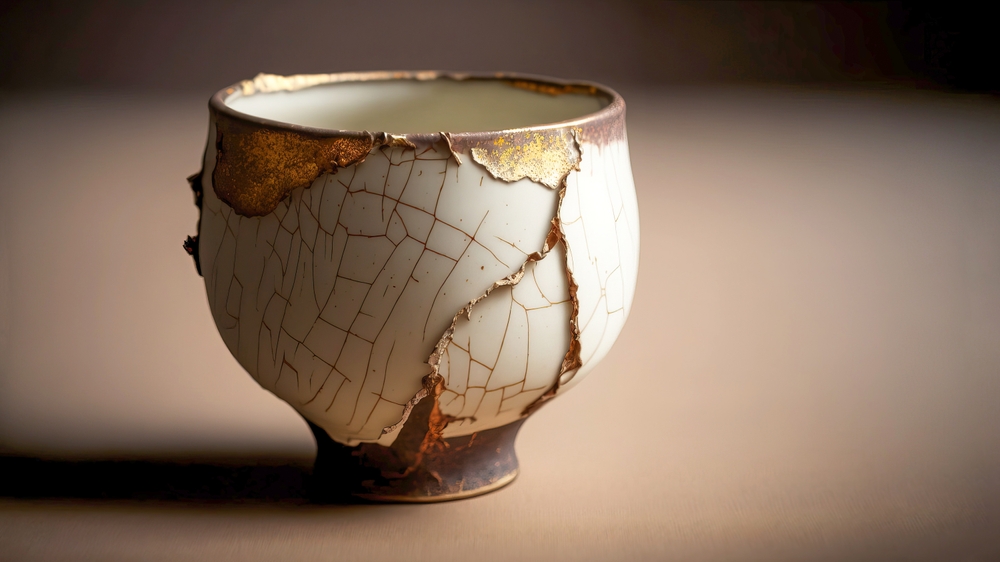An Ode to Wabi-Sabi: Embracing Imperfection in Home Design
In a world that often seeks perfection, there's a Japanese aesthetic that finds beauty in the imperfect, the impermanent, and the incomplete. Enter Wabi-Sabi, an intriguing design philosophy that's gaining popularity in Western homes. Wabi-Sabi is an ancient Japanese philosophy that celebrates the charm of natural imperfections. Originating from Zen Buddhism, Wabi-Sabi focuses on three core principles: nothing lasts, nothing is finished, and nothing is perfect.

This ethos translates to a homely, comfortable, and unpretentious design aesthetic that embraces the beauty of imperfection. Wabi-Sabi homes are characterized by their natural materials, earthy tones, and weathered objects, creating an environment that feels serene, authentic, and lived-in.
Wabi-Sabi’s Rise to Prominence
Over the past few years, Wabi-Sabi has seen a surge in popularity, especially amidst the ongoing pandemic. As people spend more time at home, they are seeking comfort, tranquility, and a deeper connection to nature—qualities that Wabi-Sabi embodies.
This aesthetic provides a stark contrast to the typically sleek, polished, and often sterile interiors we see in modern Western homes. It’s a breath of fresh air in the design world, offering an alternative that values authenticity, simplicity, and character.
Practicality and Market Trends
Wabi-Sabi doesn’t just create a visually appealing space—it also fosters a mindful and peaceful lifestyle. By appreciating the beauty in imperfection, homeowners can let go of the pressure to maintain a picture-perfect home, leading to a more relaxed and stress-free living environment.
The market for Wabi-Sabi design is growing, as more people seek out unique, handcrafted, and sustainably sourced items. From weathered wooden furniture to hand-thrown pottery, the demand for objects that tell a story and reflect the passage of time is on the rise.
Enhancing Daily Living with Wabi-Sabi
Incorporating Wabi-Sabi into your home is more than just a design choice—it’s a way of life. It encourages mindfulness, patience, and a greater appreciation for the simple joys in life.
For instance, a chipped ceramic bowl or a worn-out wooden table doesn’t just add character to your space—they also carry stories, memories, and a sense of history.
Embracing Imperfection
Wabi-Sabi represents a shift in how we perceive beauty and value in our homes. It challenges the mainstream obsession with perfection and encourages us to embrace the beauty of the imperfect, the weathered, and the incomplete. In doing so, we can create homes that are not just stylish, but also rich with character, history, and soul.




